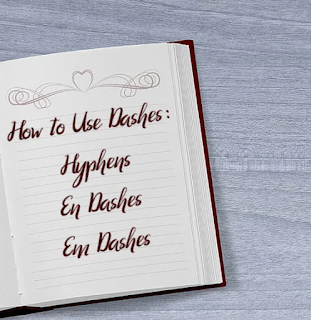Building Discipline
I have spent the past several years working to build discipline. I want to stop flinging myself from moment to moment and becoming frozen in the infinite and terrifying possibilities of the future. I want to finally follow through on a plan deliberately and directly. I want to be the determined, diligent, laser-focused person I read about in self-help books. I continue to discover that the process of becoming a disciplined person is both more complicated and significantly simpler than I had initially realized.
I am, by nature, a stubborn and goal-oriented person. I am lost when I find myself without a destination, as if I'm untethered from reality. I have leant heavily on calendars and lists, often over-organizing to the point of distraction and panic. I ground myself in these things... often to the point of immobility. I am also the person who finds validation in being Busy. Even as I build space in my schedule, I am still overworked and only stop when my body shuts down. This looks very different than it used to, and I find guilt weaseling its way back into my psyche because I should be doing something.
This driving need to move becomes a frenetic search for validation in appointments. I often express my absolute exhaustion and take on another obligation in the same breath. I am always moving, but it lacks finesse, direction, and a deliberate process. It also lacks meaning. I often lose out on quality time with people I love and don't make time to process the things happening in my life or mind. For a long time, Busy in lieu of processing was my goal.
My challenge is in breaking this habit.
Here's the thing about habits: they're self-validating. If I do not specifically build in downtime, I will over-schedule. I always have that little voice telling me I'm not doing enough, which is reinforced when I'm hypomanic and I can do all the things. It's also reinforced by being busy becoming a status symbol, scarcity mindset, and the manic defense. Basically, I'm staying busy because I need to make ends meet, avoid thinking about the challenging things floating around in my head, to prove that I am actually worth my space (yes, I know this is negative self-talk, but this is part of my reality), and because I could do it just the other week (when I was hypomanic and ran myself into the ground).
All of this is built on the foundation of being passably talented at a lot of things, so I haven't taken the time to build diligent practice - the detailed, focused, specific work that leads to expertise. I know it and I've dabbled in it, but never consistently enough to develop it as a habit. If anything, I hyper-focus, abandon, and hyper-focus - not making progress, just constantly catching up to the skills I lost in my distraction and then becoming frustrated when I don't improve.
I still don't believe I'm particularly disciplined. I'm significantly more disciplined than I was. I flailed for a long time, angry at myself that I couldn't just do things. It's not a neat process, but I started by shifting from a results-oriented perspective to a process-oriented one. The goal was to remove my focus from the end-point, which led to projection onto the future and becoming overwhelmed with everything that could go wrong. I now aim to understand the journey, setting specific and staged goals so I can easily adapt and adjust and learn. This transition was one of the most difficult of my life. I'm still working on it, but I am better able to accept doing part of a thing (for example, one sink load of dishes is a success, rather than berating myself for not doing all of them after they've piled up for a week). It is helping me appreciate and internalize that progress is one step, one choice, at a time and that changing habits is literally changing your neural pathways.
This change in perspective also made diligent practice much more manageable. I have found that I am less concerned with perfection (though, I fear that perfectionism will be a constant nagging companion) and more focused on self-development. I am better able to acknowledge what I did well, but also what I need to improve. Knowing what needs work helps guide my practice, which builds the skill. I am applying this to habit building. Instead of berating myself for missing a routine or falling behind on posts, I ask myself why it happened and how I can improve going forward.
This work is predicated on changing how I talk about and to myself. I am notoriously hard on myself, sometimes to the point of self-bullying. We can blame our old friends Anxiety and Perfectionism for this trait. I started treating myself like I would treat my students: provide clear expectations, offer modes of improvement, speak with compassion and honesty. Why should I be kinder to strangers and the people I love than to myself? Why don't I, even now, automatically include myself in the list of people I love?
I don't know why I thought cruelty would be a better teacher than support. I do know that it is common and I couldn't have started building discipline or the work of diligent practice without getting past it. You cannot grow without honesty and compassion, and these will offer exponential rewards wherever you apply them.


Comments
Post a Comment